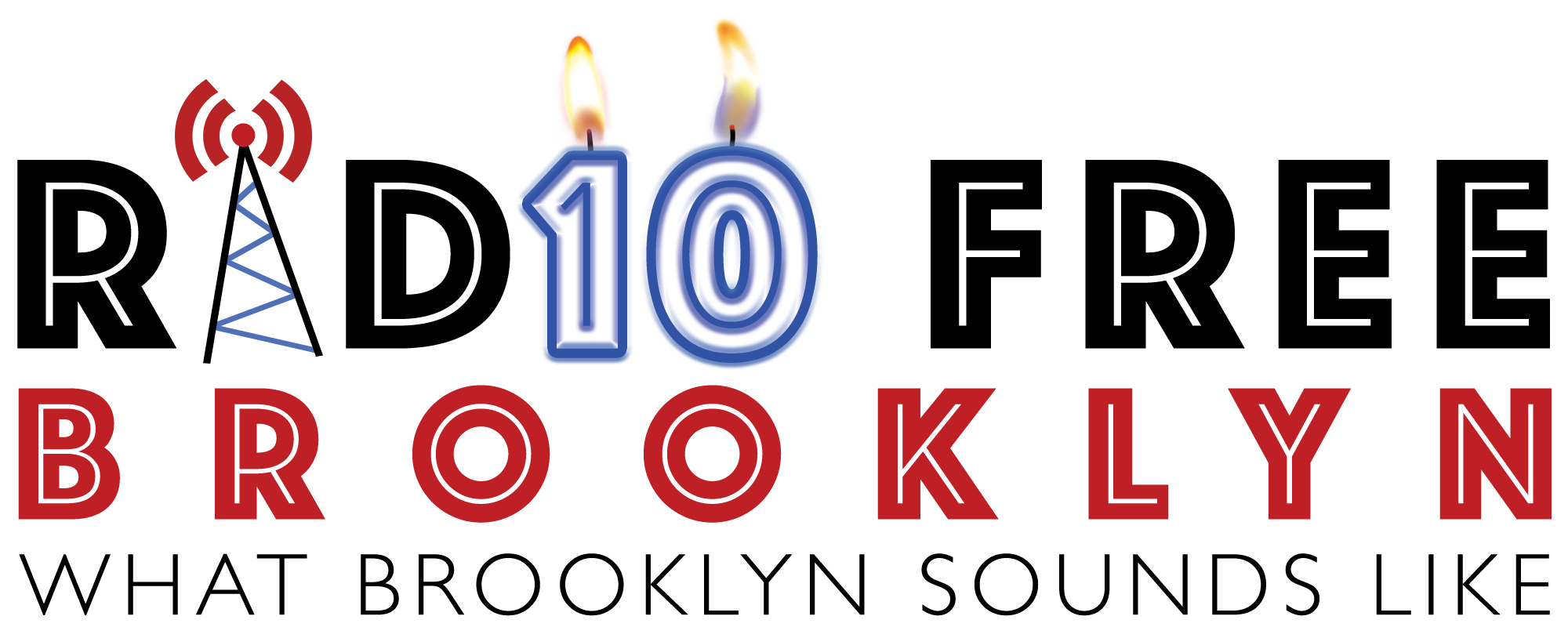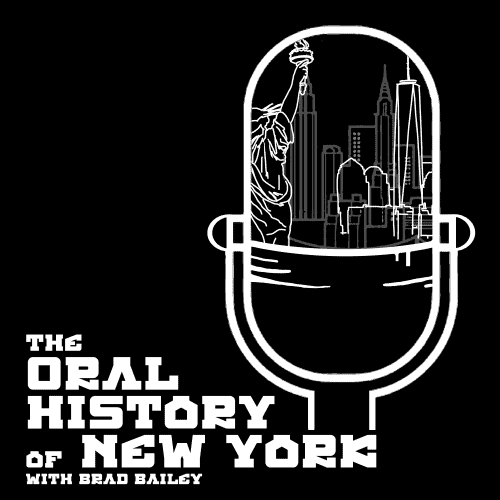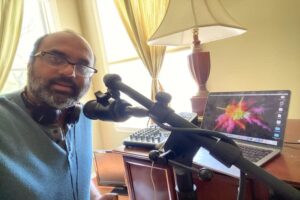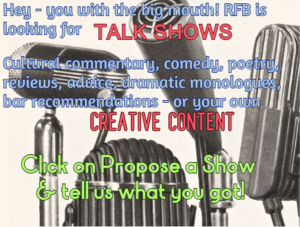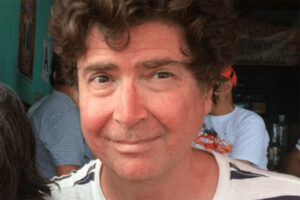We spent a few minutes chatting with Brad Bailey, whose new show on RFB, “The Oral History of New York,” just begs to be listened too. I’m a fan, and I hope now you will be, too.
RFB: Hola and welcome to Radio Free Brooklyn! Tell us a little bit about the creative (or other) path(s) that led you doing your show and to RFB.
BB: I graduated from Yale in Political Science, received a Master’s in Public Policy from Princeton, a journalism degree from UC Berkeley, and I just graduated from Columbia University with a Masters in Oral History. I have always believed oral history is the foundation of all storytelling. I’m a journalist, public policy analyst and filmmaker, and I believe oral history is the glue that melds those different disciplines together. Two years I did a short documentary called “Hale,” about disability activist Hale Zukas. One of the original source materials was an oral history that was done over 20 years ago. To me, oral histories are permanent records that are indelible snapshots in time.
RFB: Why did you choose RFB?
BB: I believe in local, community sourced programming. Radio Free Brooklyn is a wonderful platform for me to explore the media form, and most importantly, learn. It’s also an opportunity to join a great network of creative, artistic people who share that similar vision.
RFB: As a native New Yorker (and also a professional storyteller), I love this premise — I mean, look at what’s in your show description: “The story of New York is the story of America!” Give us a little insight as to how a Georgia native came to love New York more than some natives I know (hahaha but not really).
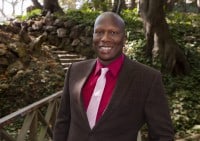
BB: I’m originally from a small town in South Georgia, so I grew up as a country boy, so to speak. In many ways, I am a dual citizen of both states. To be honest, I care about politics everywhere — especially in the states where I’m from. I first stepped foot in New York when I was 17 years old, so I’ve had a decades-long relationship here. I’ve lived in New York for a long time, and have come to love this city in many ways: It has claimed me and I have claimed it. As we say in every episode of TOHNY, in telling the stories of New York, you tell the stories of America. From Harlem to the Battery, from Queens to Long Island, the stories that happen in New York affect the entire world. The people that make up these streets represent the entire planet, and I feel so privileged to be able to bear witness to that.
RFB: Debuting a show in the midst of a global pandemic seems impossible — but you’re doing it! Tell us about the challenges and rewards of your process so far. (I know your intention was to be live in the studio, but you’re doing prerecords at present).
BB: This has been one of the most challenging times of my entire life. I’ve witnessed many sad and tragic events over the past few months. Truly heartbreaking. Being here in New York during the pandemic has changed my perspective on the world. However, I also saw the best of humanity, and the city’s resilience under great pressure. In these moments, I’ve also received great clarity about my voice as a producer and the type of stories I want to tell. This is a time for great change, and looking at history is a great way to map a path forward. I work with a great team, and the ability to collaborate, explore and reach for the stories that matter has become my priority. I can’t wait for the day we can do the show live! I’m thoroughly looking forward to it.
RFB: What is the takeaway you hope people get from “The Oral History of New York?”
BB: We are still a work in progress, but I want people to realize that the streets they walk down, the buildings they live and work in, all have a history that goes back centuries and affects us today. I think when we can understand that history, the history that lives among and through us, we can better appreciate and put our lives in perspective.
Tune in to “The Oral History of New York,” Fridays at 2:00pm
